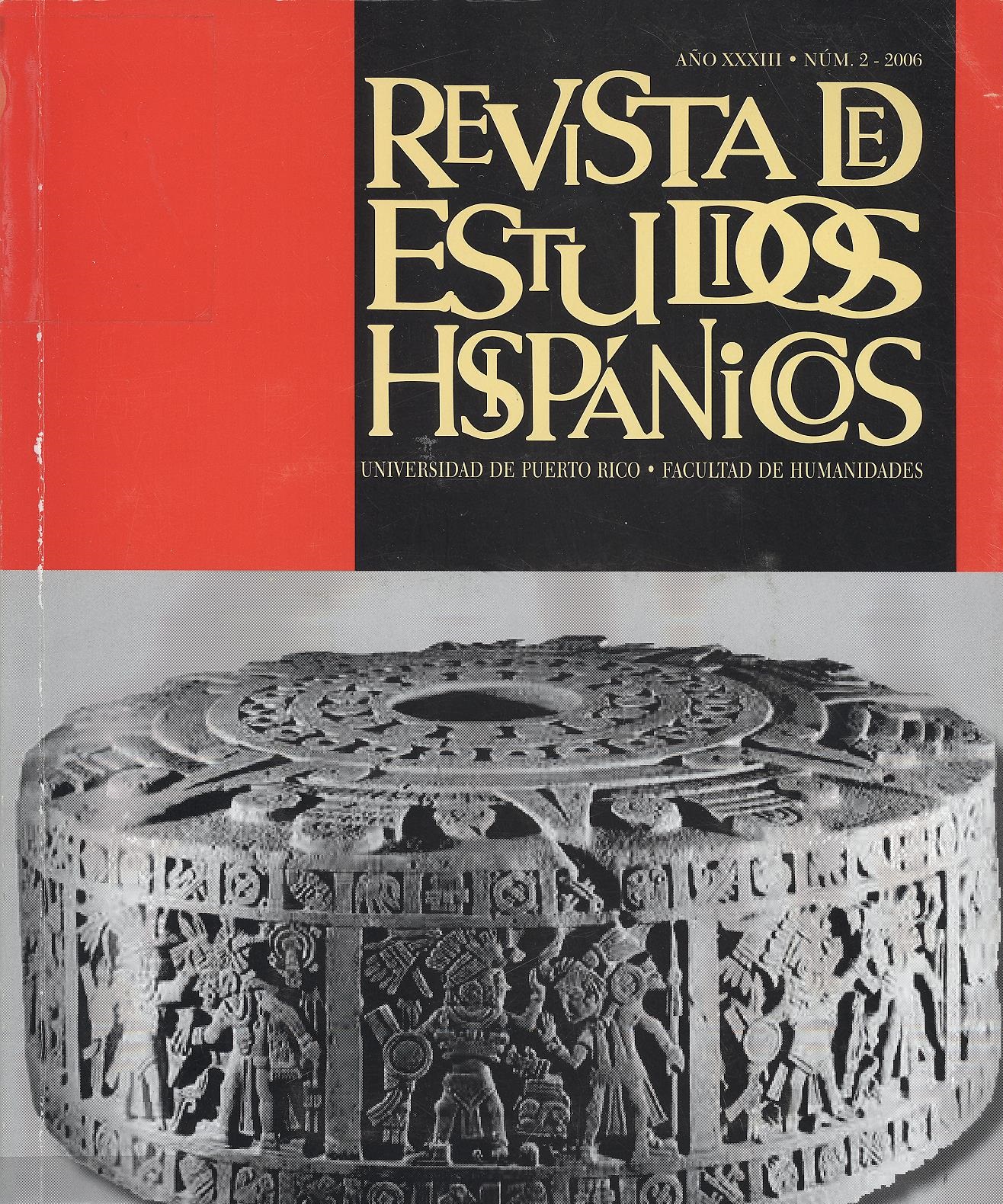Abstract
In "Moctezuma o la construcción de una ficción", I analyze how Hernán Cortés‘s Segunda carta de relación is a continuation, through subtler methods, of the political game he started in his first letter. In his Second Letter, Cortés arbitrarily portrays Moctezuma as a weak and passive being who would even betray his own people; he uses this depiction as narrative strategy to justify his illegitimate actions. If one studies Cortés own accounts of his encounter with Moctezuma and compares it to the same episode narrated in the chronicles of Bernal Díaz del Castillo or those of Bernardino de Sahagún, one will find a series of omissions and contradictions centered around the construction of a Manichean world –good and bad, strong and weak, civilized and barbarous- where Cortés constructs himself as the perfect hero, the conqueror of the territory of the New World, and the provider of Spanish values. The fact that each chronicler narrates the same episode in a different way shows not only how Cortés appropriates the figure of Moctezuma for political purposes, but also how each chronicler, in his own way, fictionalizes history.This work is licensed under a Creative Commons Attribution-NonCommercial 4.0 International License.
Downloads
Download data is not yet available.

